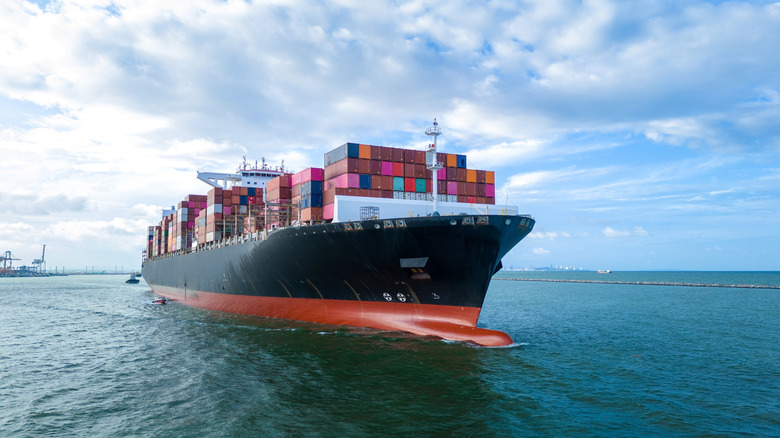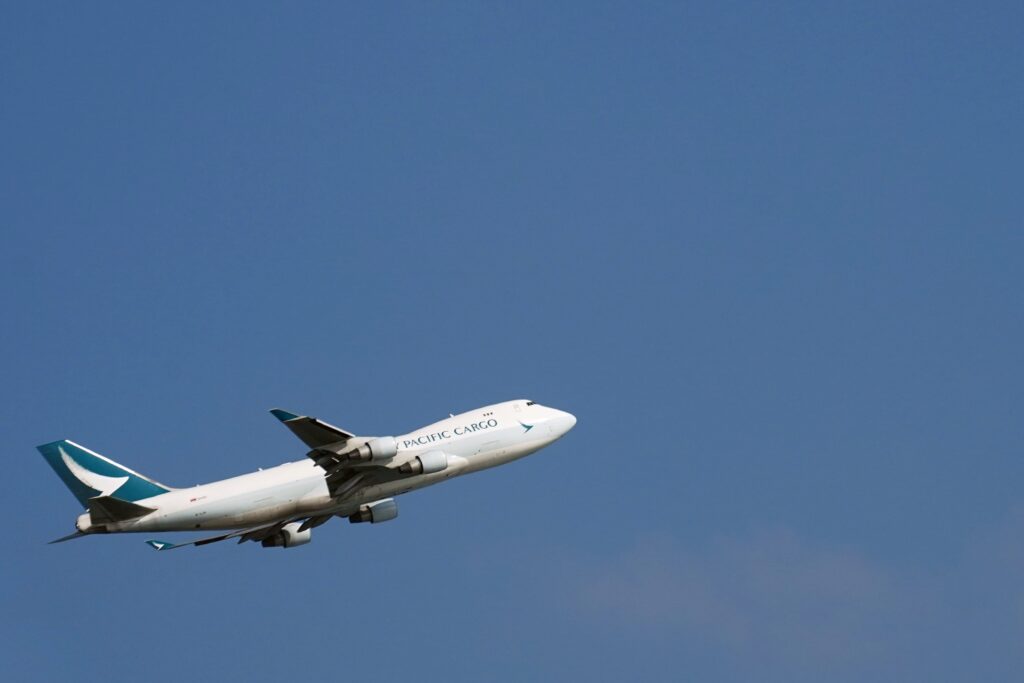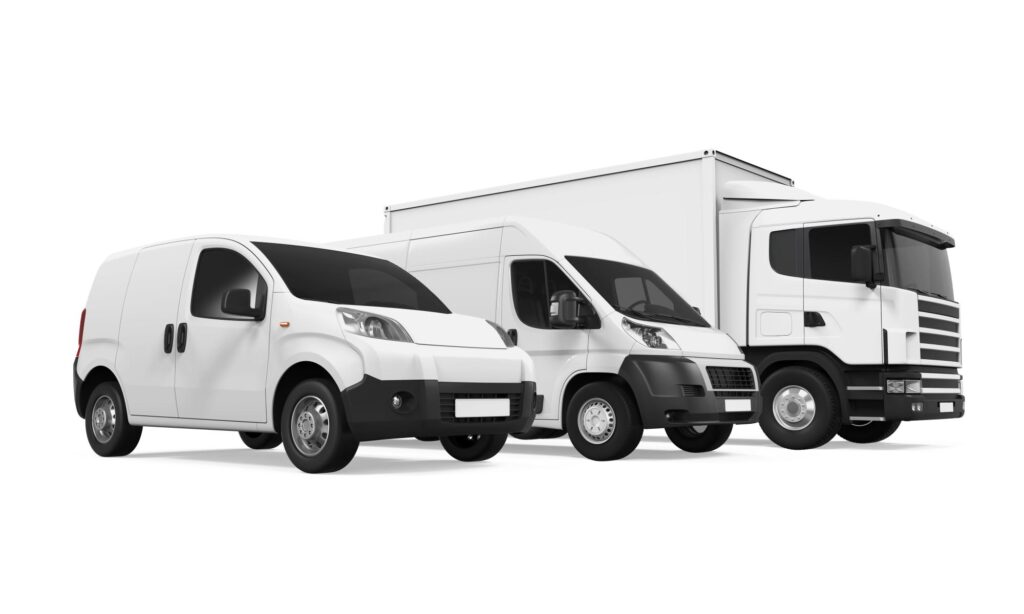- By TOP CHINA FREIGHT
- September 30, 2025
- Shipping
Table of Contents
Managing duty handling China to Spain can be complex, especially for importers navigating customs, taxes, and shipping regulations. High tariffs, slow clearance, and hidden fees often delay shipments, affecting supply chains and delivery schedules. By understanding duty management strategies and working with experienced freight forwarders, importers can minimize costs and ensure timely delivery of goods.

What causes frequent China air freight delays?
Duty handling refers to managing customs duties, taxes, and documentation for goods imported from China to Spain. This includes calculating applicable tariffs, preparing invoices, and ensuring compliance with Spanish customs regulations. Effective duty handling reduces delays, prevents fines, and keeps your supply chain running smoothly.
Key responsibilities in duty handling include:
- Classifying goods according to HS codes
- Calculating applicable import duties and VAT
- Preparing accurate commercial invoices and packing lists
- Coordinating with customs brokers for clearance
- Tracking shipment status and delivery schedules
Why Is Accurate Duty Handling Important?
Incorrect duty handling can lead to shipment delays, fines, and even seizure of goods. Additionally, inaccurate tariffs may inflate costs unnecessarily. Accurate handling ensures importers pay only what is legally required, optimize cash flow, and maintain strong supplier relationships.
Moreover, as regulations frequently change, staying updated with the latest customs rules is essential. Freight forwarders specialized in China-Spain trade can navigate these changes efficiently.
How Are Duties Calculated for Shipments to Spain?

Import duties in Spain depend on the type of goods, HS code classification, and declared value. VAT (currently 21%) is applied on top of the duty and shipping cost.
Example Calculation:
| Item | Declared Value | Duty Rate | VAT | Total Duty & Tax |
|---|---|---|---|---|
| Electronics | $5,000 | 3% | 21% | $1,155 |
| Clothing | $2,000 | 12% | 21% | $504 |
| Furniture | $3,500 | 5% | 21% | $688.75 |
Accurate documentation and proper HS code usage prevent overpayment and clearance delays.
Can Freight Forwarders Simplify Duty Handling?
Yes, experienced freight forwarders act as intermediaries between importers and Spanish customs authorities. They ensure all documents, including commercial invoices, packing lists, and certificates of origin, are complete and accurate. Additionally, they advise on cost-saving measures such as preferential trade agreements, consolidated shipments, or bonded warehouse usage.
What Shipping Methods Are Best for China-Spain Trade?




Choosing the right shipping method affects transit time, cost, and customs clearance efficiency. Freight forwarders often recommend:
Shipping Method Comparison
| Mode | Cost | Transit Time | Best For | Pros | Cons |
|---|---|---|---|---|---|
| Sea Freight | $1,200–$2,500 per container | 30–40 days | Bulk shipments | Low cost, scalable | Slow |
| Air Freight | $5–$8 per kg | 5–10 days | Urgent goods | Fast, reliable | High cost |
| Rail Freight | $3,000–$5,000 per container | 18–25 days | European deliveries | Balanced speed & cost | Limited coverage |
| Express Courier | $8–$12 per kg | 3–7 days | Small urgent parcels | Door-to-door, fast | Expensive |
Transitioning between modes based on urgency and cost is a critical strategy for importers.
How Do Customs Documents Affect Duty Handling?

Proper documentation ensures smoother customs clearance. Required documents typically include:
Customs Documents Checklist
| Document | Purpose |
|---|---|
| Bill of Lading (B/L) | Confirms shipment contract |
| Commercial Invoice | Declares product value |
| Packing List | Details quantity and weight |
| Certificate of Origin | Confirms product origin |
| Import License | Required for restricted goods |
| Customs Declaration | Official submission to authorities |
Errors in these documents are a common cause of shipment delays or fines.
Should Importers Use Bonded Warehouses?
Bonded warehouses allow goods to be stored without immediate duty payment. They are especially useful for businesses with staggered sales or those consolidating multiple shipments. Using bonded storage reduces upfront costs, optimizes cash flow, and allows flexible scheduling for duty payment.
How can businesses prepare for future air freight challenges?

A Spanish electronics retailer imported high-value items from China. Initially, shipments faced frequent customs delays due to incorrect HS code classification. Partnering with a specialized freight forwarder, they implemented:
- Correct HS codes for all products
- Advanced preparation of invoices and packing lists
- Use of consolidated shipments for cost efficiency
As a result, clearance times dropped by 40%, and total import costs were reduced by 15%, highlighting the value of professional duty handling.
How to Manage Duty Costs Effectively?
- Verify HS code classifications and avoid mislabeling
- Consider trade agreements for reduced tariffs
- Consolidate shipments to save on handling and freight
- Use bonded warehouses to defer duty payments
- Work with a reputable freight forwarder for guidance
What Are the Common Challenges in China-Spain Duty Handling?
- Changing customs regulations
- Misclassified goods or incorrect invoices
- High VAT or unexpected tariffs
- Language barriers and local compliance issues
Working with experienced reps and freight forwarders mitigates these risks effectively.
Conclusion
Duty handling China to Spain requires precise knowledge of customs regulations, correct documentation, and strategic shipping decisions. By leveraging freight forwarders and using cost-saving measures such as bonded warehouses or consolidated shipments, importers can minimize delays and reduce expenses. Proper planning ensures smooth international trade and strengthens supply chain efficiency.
Need a Shipping Quote?
If you want expert guidance and peace of mind, our team is ready to assist.
TJ China Freight offers tailored solutions to help businesses of all sizes ship more reliably from China.

FAQ
Q1:What is duty handling from China to Spain?
It involves managing import duties, VAT, and customs documentation to ensure legal, timely clearance of goods from China to Spain.
Q2:How are duties calculated?
Duties depend on HS code, product value, and shipping cost. VAT is added on top, and accurate invoices prevent overpayment.
Q3:Can freight forwarders handle duty paperwork?
Yes, they prepare invoices, packing lists, and customs declarations, and coordinate with authorities for smooth clearance.
Q4:Which shipping method is best for China-Spain shipments?
It depends on urgency and cost: sea for bulk, air for urgent cargo, rail for Europe-bound shipments, express for small urgent parcels.
Q5:How can importers reduce duty costs?
Use correct HS codes, consolidate shipments, leverage trade agreements, and work with experienced freight forwarders.
